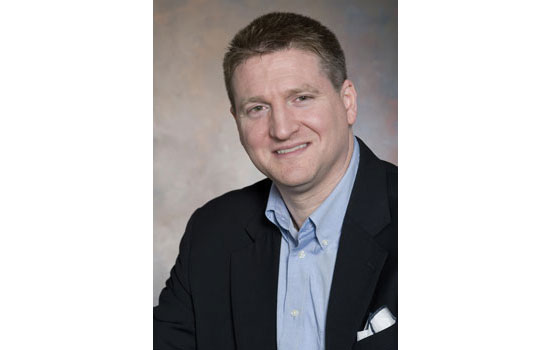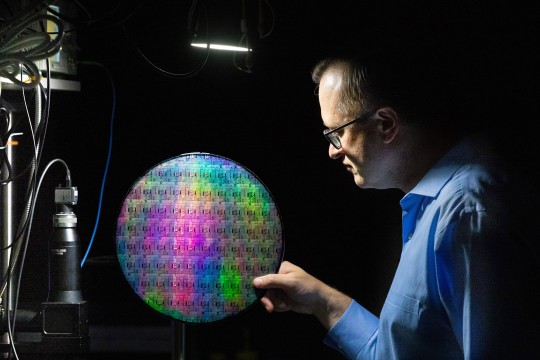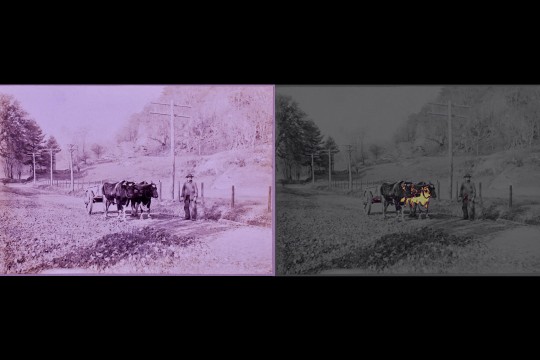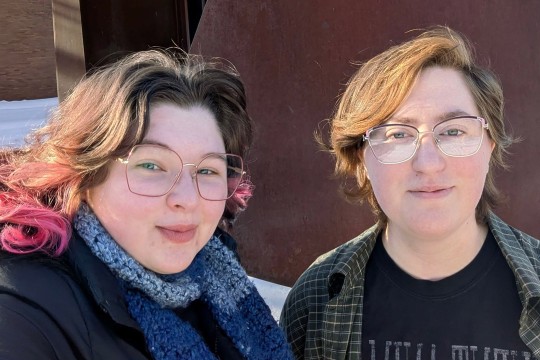RIT/NTID to Explore State of Deaf Entrepreneurship
Research will provide clues on how to facilitate deaf entrepreneurial activities
A. Sue Weisler
Richard DeMartino
Nearly half of the approximately four million deaf and hard-of-hearing individuals in the United States are unemployed. Many employers are weary of the real and perceived costs of hiring the deaf. Others fear deaf people lack the skills and experience necessary to do the job.
Empowering more deaf and hard-of-hearing individuals to become entrepreneurs may help alleviate the deaf unemployment problem while kick-starting the U.S. economy. But there’s a problem. Virtually no research has been conducted to explore the deaf entrepreneurial community. Therefore, groups who are interested in promoting deaf and hard-of-hearing communities are unaware of how best to empower those communities to become entrepreneurs.
That’s why Rochester Institute of Technology and the National Technical Institute for the Deaf, armed with a grant from the Ewing Marion Kauffman Foundation, has launched a research initiative designed to explore the current state of deaf entrepreneurship.
“Our research should result in a better understanding of how to empower the deaf and hard-of-hearing communities through programs that encourage entrepreneurial outcomes,” says Richard DeMartino, director of RIT’s Albert J. Simone Center for Innovation and Entrepreneurship and the principal investigator of the grant.
RIT’s Deaf Entrepreneurship Research Initiative is a multidisciplinary effort that leverages the strength of its partners across the university. These partners include NTID, which focuses on applied learning and providing a career-focused education for the deaf and hard-of-hearing, the E. Philip Saunders College of Business, which includes faculty who have researched topics related to innovation management and entrepreneurial empowerment, the Simone Center for Innovation and Entrepreneurship and the Lab for Social Computing.
This is not RIT/NTID’s only effort to encourage entrepreneurship within the deaf and hard-of-hearing communities. Three years ago, the Johnson Scholarship Foundation created a $1.6 million scholarship, including matching federal funds, to support deaf and hard-of-hearing students interested in pursuing careers as entrepreneurs.
“Deaf entrepreneurs will bring their own sensibilities and perspectives to the marketplace and thus add to the diversity of business perspectives represented in our country…this is long overdue,” says NTID Interim President Jim DeCaro.
The initiative hopes to announce research results by June 2011.













